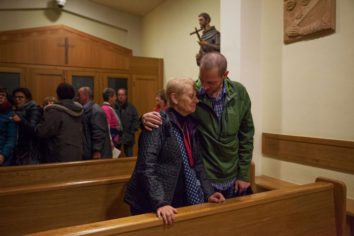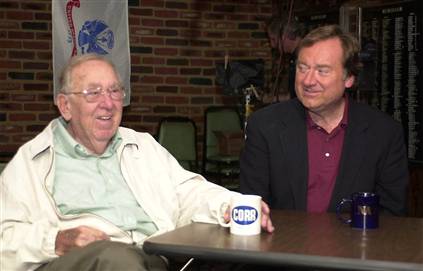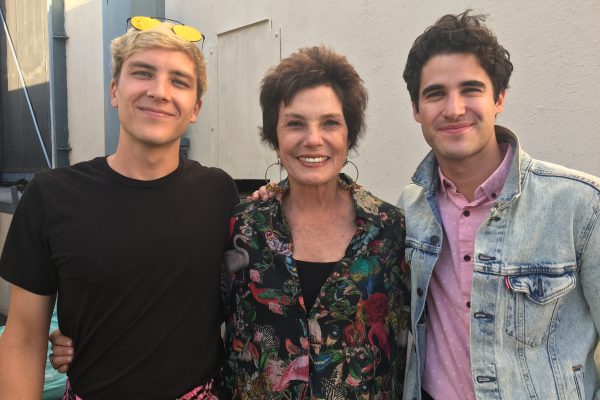The headlines may be dire, but the new Obama team gives a striking impression that they are not at all intimidated. I interviewed many of them during inauguration week, while Annie Leibovitz was photographing them for the March issue of Vanity Fair, and they seem to have adopted their boss’s mantra of Yes We Can. The first group I spoke to was the economic team, and the first thing I heard from Peter Orszag, the 40-year-old head of the Office of Management and Budget, set the tone: “We’ve got to make government service cool again.” A few minutes later, National Economic Council director Larry Summers seemed to relish the challenge of rolling back the recession, calling it “a once-in-a-generation moment for economic policymakers.” But Summers is aware that the honeymoon won’t last. “It’s very important to do as much as we can as fast as we can,” he said. “There is only one post-inauguration period.”
Next came the green team, with Carol Browner, the president’s coordinator of energy and climate policy, declaring, “We have to build a green economy. We’ve got to green the government and the world.” Interior secretary Ken Salazar talked about “taking a moon shot on energy independence” and creating a youth conservation corps. Steven Chu, the Nobel Prize–winning Berkeley professor who is the new secretary of energy, mentioned in between bantering with Annie about the inner workings of her cameras that he has a plan “to change people’s minds about energy use.” After years of hearing from government officials that global warming did not exist, we now have an Environmental Protection Agency administrator, Lisa Jackson, who believes we have to set an example for the rest of the world and that climate change can become “a grassroots issue.” But lest anyone think she is open only to Greenpeace-approved measures, she maintained that “nuclear is not off the table.”
Frankly, I was amazed—not only by the audacity of their ideas but also by their apparent belief that in this stratified and partisan town they will be able to effect a sea change in attitudes and get these programs up and running. Tom Vilsack, secretary of agriculture, sounded the one note of caution. “Transitions are more difficult than people realize,” he said. “Change takes time to do right. You’ve probably read The Art of War, General,” he said to retired general Eric Shinseki, the new secretary of veterans affairs, who was standing a few feet away. “I taught it,” Shinseki responded. “There is a lot of truth in it for politics,” Vilsack continued. “If you don’t start right, you don’t land right. You fight on someone else’s turf. Expectations are quite high, and people have to be patient.”
What I was hearing, however, did not sound very patient. Ray LaHood, the former Republican congressman from Illinois and the current secretary of transportation, was fired up and ready. “Over the next year we can put a lot of people back to work building roads and bridges,” he said. “We’re going to accomplish a great deal in the Department of Transportation.” Arne Duncan, the basketball-playing secretary of education, was going off on a listening tour of schools across America, “to see what’s working and what’s not, find out what’s broken and improve it.” Harvard-trained architect and HUD (housing and urban development) secretary Shaun Donovan said his top priority is to solve the home-foreclosure crisis, but in the longer term, he feels that “the way we’ve watched our metropolitan areas develop is not sustainable.” Former Democratic leader in the Senate Tom Daschle, now secretary of health and human services, vowed to transform health care, the thorniest issue of all. “There is a tremendous opportunity to launch this new era in a much more positive tone,” he said.
Personally, I felt a lot more protected after interviewing two no-nonsense tough cookies: Janet Napolitano, the new secretary of homeland security, and Susan Rice, the new ambassador to the United Nations, who defined her job as getting other countries “to understand that America is back, and to lead in a fashion that recognizes that we are linked to people in every part of the world.” But although she talked about mutual interests and “cooperative solutions,” she also noted that “there will be times when differences require us to act in ways that others might not agree with.” Then she paused to tell Annie that if she did not make her look good, “I’ll be coming at you!” Enemies of America, take heed.




No Comments